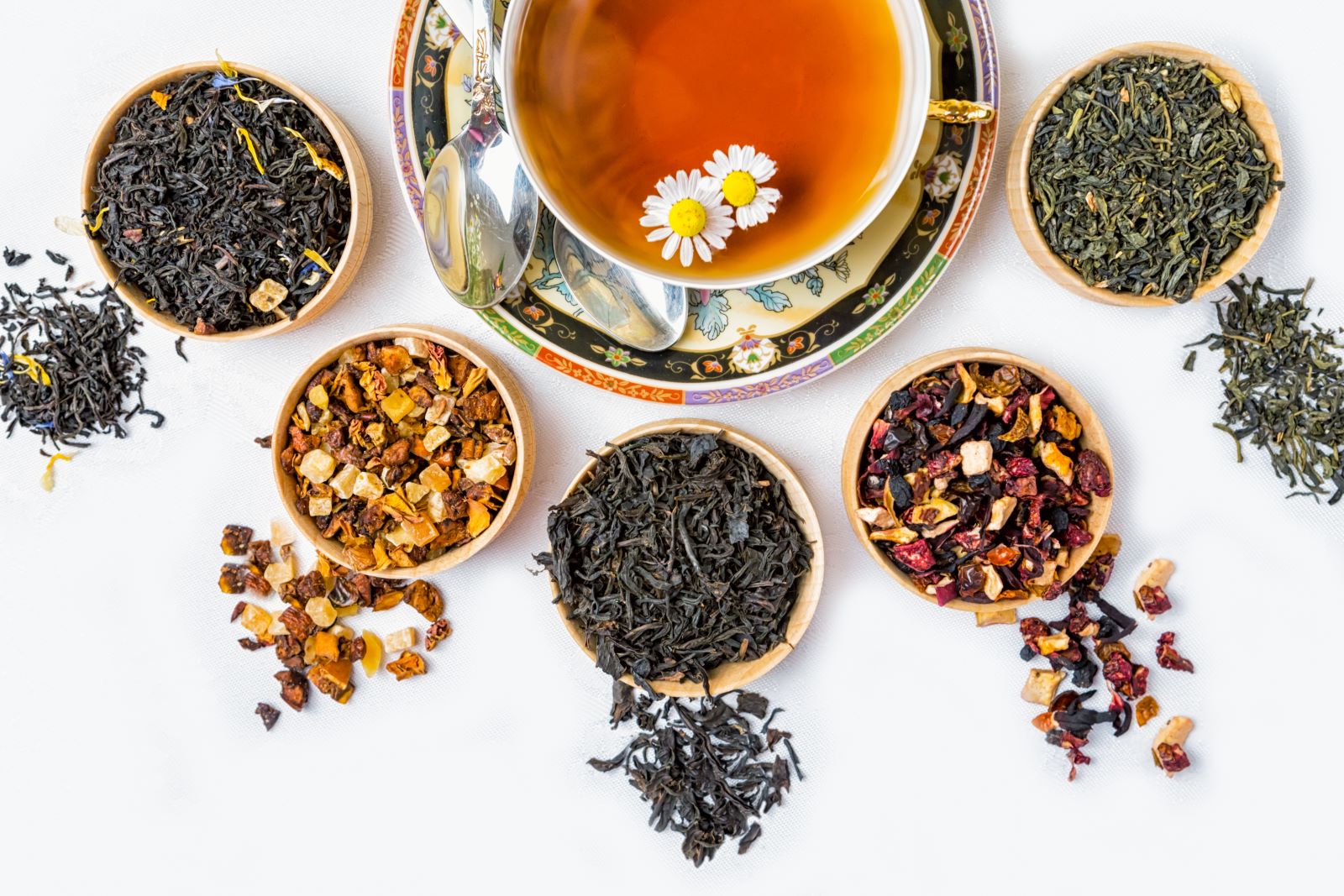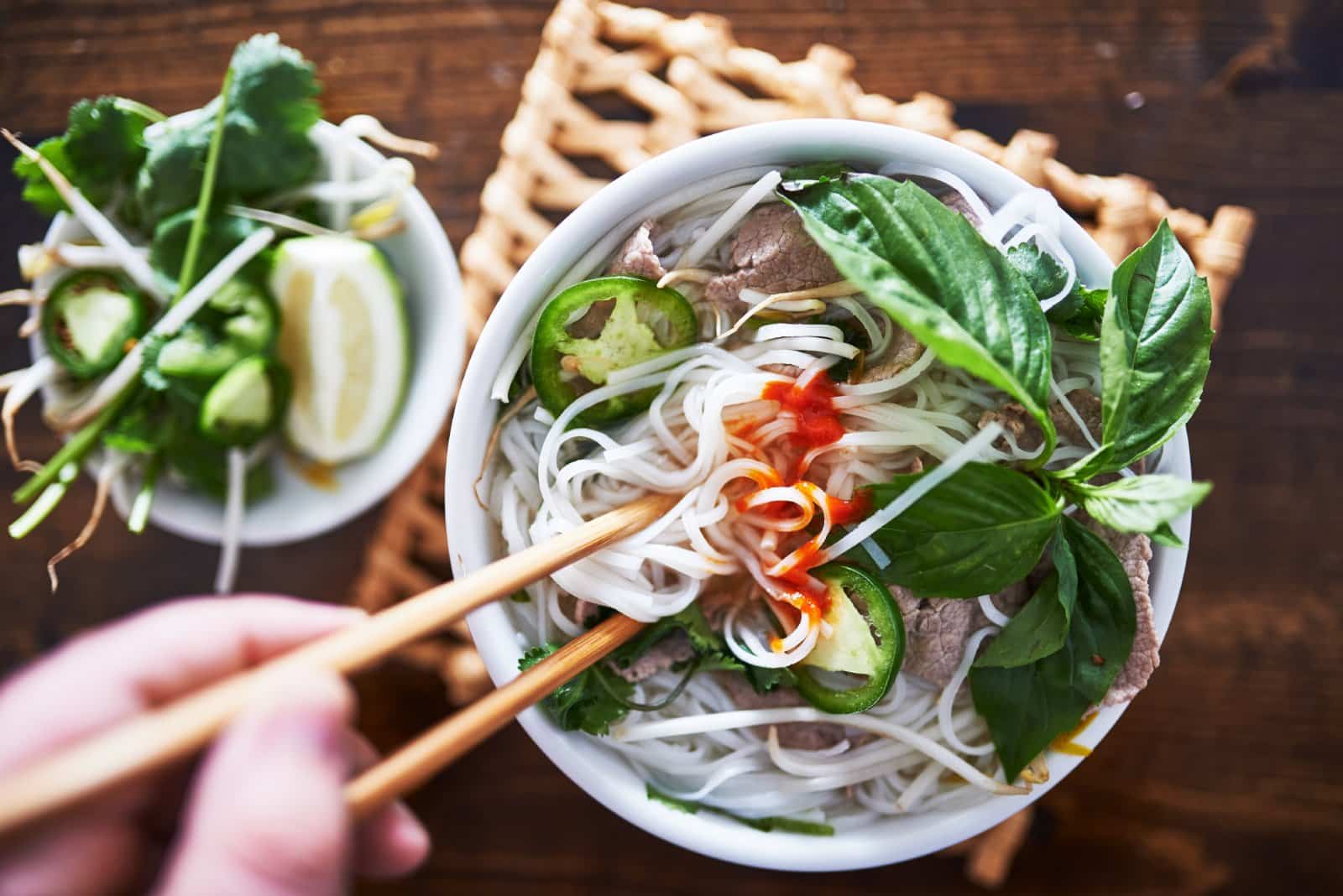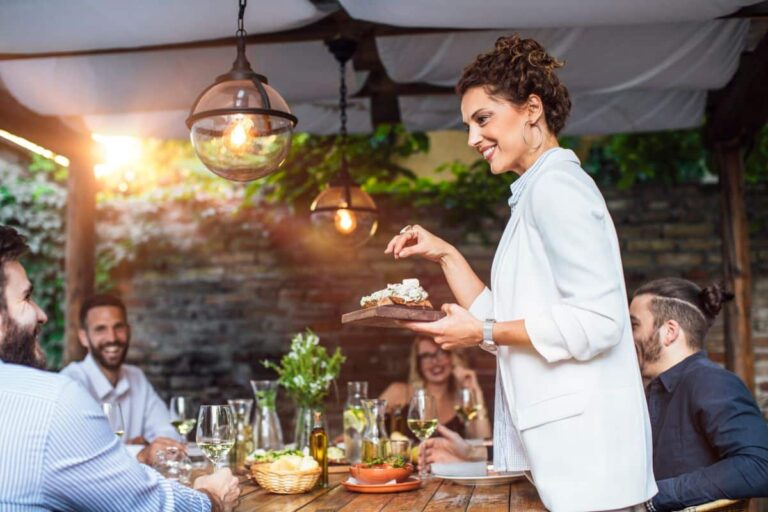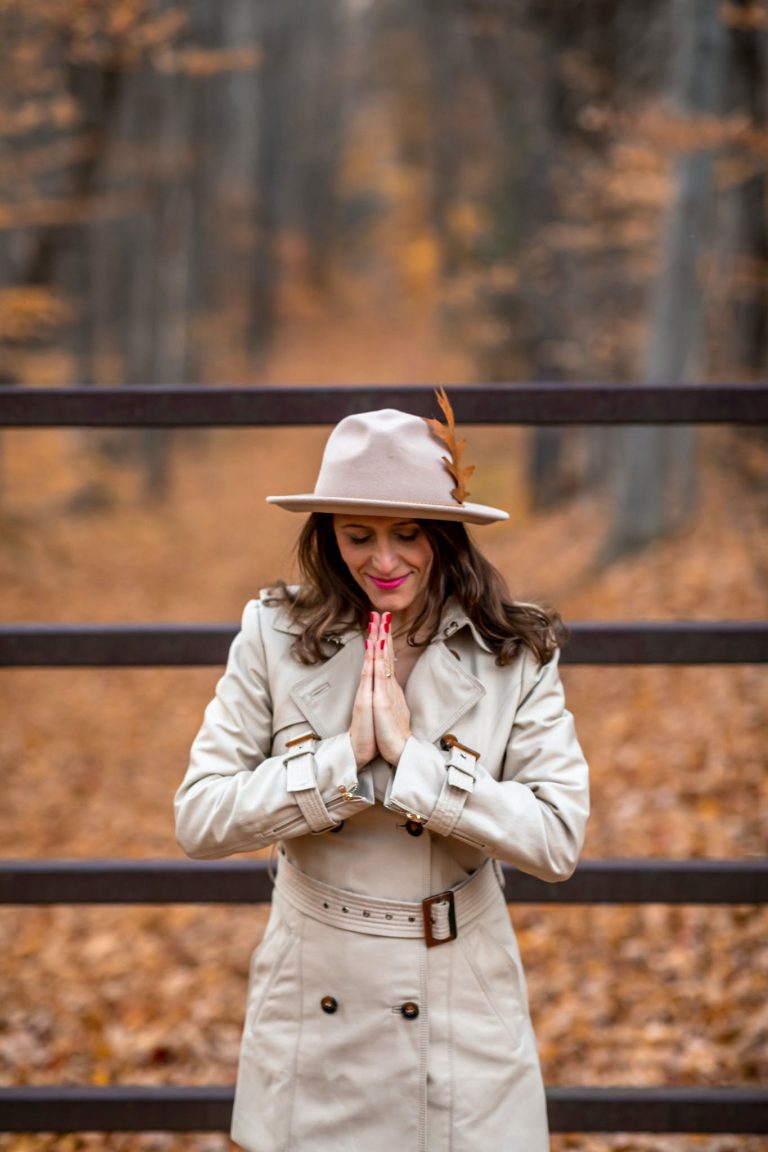Urban Foraging: Turning City Walks Into Wild Food Adventures
As a seasoned urban forager, let me guide you through the overlooked orchards and hidden harvests that lie within our bustling city limits. Have you ever wondered what treasures might be nestled between sidewalk cracks or lurking behind that local park bench?
1. Discovering the Edible Landscape

My journey into urban foraging began with a simple dandelion. Yes, those yellow blooms most try to banish from their lawns are not only edible but quite nutritious. Walking the city with open eyes turned every green space into a potential feast.
2. The Joy of Wild Berries

In the early summer, wild berries offer a sweet surprise on city trails and park perimeters. Blackberries and raspberries, often found climbing the fences of forgotten lots, have become staples in my urban harvest.
3. Navigating to Nettles

Stinging nettles, which many regard with caution, make an excellent soup or tea once cooked, neutralizing their bite. I found my first patch in a shady, moist area of an underused park—what a fortuitous sting that was!
4. The Urban Mushroom Hunt

Mushroom foraging can be risky without proper knowledge, but morels and oyster mushrooms have shown themselves on old wood and quieter city spots. Each find is a reminder of nature’s resilience and adaptability.
5. Herb Patches in Plain Sight

Many dismiss them as weeds, but plantain leaves, purslane, and chickweed grow in abundance and can add a peppery or mild spinach-like flavor to any meal. These resilient plants push through cracks in the pavement, ready for the picking.
6. Foraging Underfoot

Even the cracks in urban sidewalks harbor culinary secrets like wild onions and garlic. These hardy survivors bring zest to dishes, harvested from the edges of less-traveled paths.
7. Gleaning Fruit from Public Trees

Many cities plant fruit trees for aesthetic value, unaware that they provide food. From plums to apples, the branches overhead are often an overlooked bounty.
8. The Medicinal Weeds

Beyond edibles, many urban plants like burdock and yarrow have medicinal properties. Learning their benefits has turned my medicine cabinet into a reflection of the city’s flora.
9. Seasonal Foraging Shifts

Each season changes the city’s offerings. Spring rains bring tender greens, while fall’s chill ripens hardy nuts and seeds. My foraging adapts with the calendar.
10. Respectful Gathering

I gather with respect, taking only what I need and leaving plenty for wildlife and fellow foragers. It’s the unwritten rule of the urban forager’s code.
11. Community Foraging Walks

Joining or leading foraging tours has connected me with like-minded souls, eager to learn about urban edibles. These walks foster a sense of community and shared knowledge.
12. The Thrill of the Find

There’s an undeniable thrill in discovering food where others see only ornamental or invasive plants. Each outing is a treasure hunt, guided by nature’s subtle signs.
13. Urban Permaculture Initiatives

Engaging with local permaculture groups has expanded my understanding of sustainable urban agriculture. These initiatives often welcome foragers and their unique insights.
14. The Wisdom of Elders

I’ve learned from many, but the old-timers, those who have watched the city grow and change, have taught me the most about hidden edible landscapes.
15. The Forager’s Toolkit

My toolkit is simple: a sturdy bag, a pair of gloves, and a sharp knife. Oh, and a field guide—essential for confirming the identity of my finds.
16. Safety and Sustainability

I prioritize safety, avoiding plants near roads or possibly contaminated areas. Sustainability means harvesting in a way that allows the plants to continue to thrive.
17. Cooking Up the Harvest

The joy of foraging culminates in the kitchen, where these ingredients transform into meals that tell the story of the land.
18. Sharing the Bounty

Sharing my harvest with friends and neighbors not only spreads the bounty but also the knowledge and joy of foraging.
19. The Art of Slow Living

Urban foraging slows life down, allowing foragers like me to engage deeply with their environment, even in the heart of the city.
20. The Future of Urban Foraging

As more discover the joys of foraging, I envision a future where city planners incorporate edible landscapes intentionally, creating a richer, more sustainable urban life.
Have You Walked With Open Eyes?

So, next time you tread the urban paths, I encourage you to look down and around. Who knows what you might find? Are you ready to join the ranks of urban foragers and see the city as a bountiful garden waiting to be explored?
Not All Tea Is Good for You: List of Teas to Avoid and to Stick To

Not all teas are healthy and some might actually harm your health with poor ingredients. But how can you tell the good from the bad? This guide aims to help you make informed choices without turning you into a tea expert overnight. Not All Tea Is Good for You: List of Teas to Avoid and to Stick To
America’s Spiritual Revolution: Turning Away from Christianity to Embrace Alternatives

As church attendance declines, Americans are exploring diverse spiritual paths, from stargazing druids to unconventional deities like Wi-Fi gods and extraterrestrials. Explore the quirky and sometimes controversial new religions capturing attention as people seek meaning beyond traditional Christianity. America’s Spiritual Revolution: Turning Away from Christianity to Embrace Alternatives
25 Must-Try Global Delicacies

From Bangkok’s bustling streets to Parisian cafes, every corner of the world offers something special for your taste buds. And you don’t have to travel far; even in the USA, you can find a world of flavors. Here are 25 global delicacies every foodie should try, including some local favorites! 25 Must-Try Global Delicacies
The post Urban Foraging: Turning City Walks Into Wild Food Adventures first appeared on Hello Positive Mindset.
Featured Image Credit: Shutterstock / hedgehog94.
For transparency, this content was partly developed with AI assistance and carefully curated by an experienced editor to be informative and ensure accuracy.






